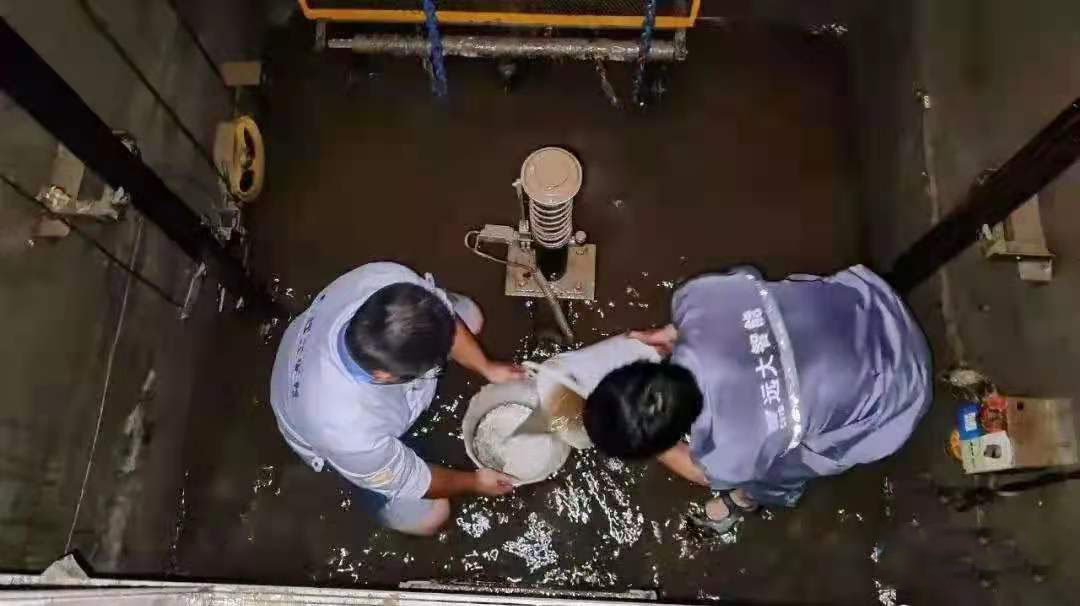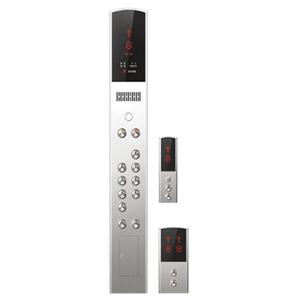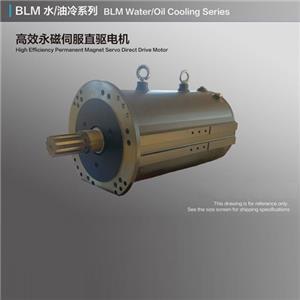During heavy rainfall season, what needs to be paid attention to for elevator safety
During heavy rainfall season, what needs to be paid attention to for elevator safety
The heavy rainfall and high-temperature during the flood season can easily cause poteintal damage by such as water accumulation in the elevator pit, humid electrical components, and high temperature in the machine room.

![]()

How to keep the elevator safe during the flood season?
1. To ensure the normal operation of the elevator during the flood season, the most important thing is to ensure the correct working of the drainage system of the building and prevent rainwater from entering the hoistway through the basement;
2. The escalators installed at the entrances and exits of buildings should take measurements to prevent rain. Outdoor escalators should check whether the drainage facilities are complete and effective. Indoor escalators should prevent water from passengers' shoes and umbrellas from flowing into the equipment;
3. Once water is entering the system, immediately cut off the power and stop the elevator to avoid further damage;
4. Wet weather is easily to cause electric leakage, so it is necessary to pay more attention to inspections, focusing on the aging and overheating of electrical circuits and all electrical components;
5. For buildings under construction, due to the unfinished management system and drainage system, the elevator hoistway is very easy to get into water. If this happens, completely inspection must be performed thoroughly to deal with any hidden dangers;
6. For buildings under construction, when the elevator is not in use, it is better to park the elevator on the top floor. The property management company of residential should have specialist elevator personnel. Once water is found into the hoistway, the power supply should be cut off in time to prevent leakage or failure, and then the elevator should be fully inspected to eliminate the failure and safety hazards before putting it into use;


What to do if the elevator is flooded?
Passenger:
If there is encountered heavy rain, passengers should be vigilant and alart whether the elevator hoistway is flooded. If confirming that the elevator is flooded, passengers should tell each other not to take (use) the elevator. Passengers who are trapped in the elevator should remain calm, press the alarm bell for help in the car, dial the maintenance emergency rescue number, and wait patiently for the professionals to perform the rescue, and do not panic. In addition, in daily life, passengers should develop a good sense of safety (such as always turning off the water after use, and always paying attention to whether the water pipes in your home are broken or leaking, etc.) to minimize the hidden dangers that may cause water accumulation on the floor.
Building manager and maintenance authority:
Once the elevator is flooded, the building manager at where the elevator is located should stop the elevator as soon as possible and inform all residents and owners not to take (use) the elevator for the time being. In addition, it is necessary to take timely measures for drainage and maintenance. After the water in the elevator hoistway is drained, the elevator should not be started in a hurry. After the water is dry, it should be checked that there is no safety hazard before restart operation. It is recommended that the building manager and maintenance units strengthen elevator safety management and post safety reminders to explain the situation before deactivation and after activation. At the same time, the majority of developers and community properties should be reminded that before the construction of the community, the waterproofing and drainage system facilities should be completed to prevent flooding.




